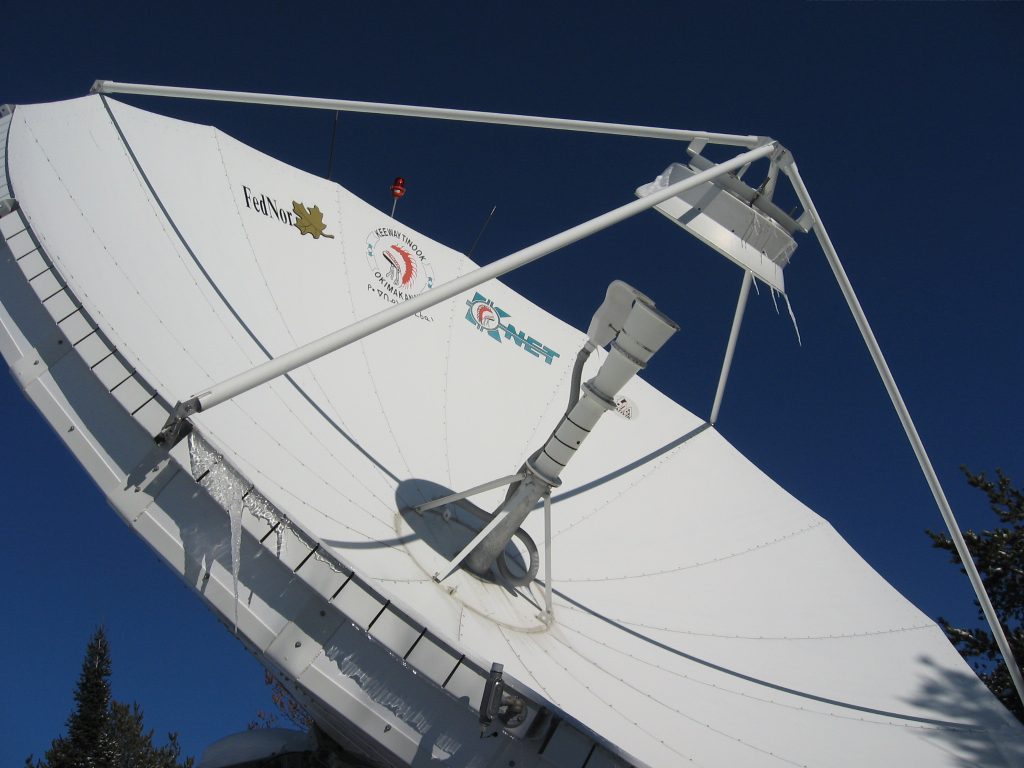Panel “Digital Ethnography: Revisiting Theoretical Concepts & Methodological Approaches” @ Vienna Anthropology Days 2020 (VANDA2020, Sept. 28 – Oct. 1), convened by Philipp Budka & Monika Palmberger.
More details, including the paper abstracts, to be found at https://vanda.univie.ac.at/scientific-program/.
Session 1
Rebecca Carlson (Temple University / TMDU): Online with bioinformatic scientists in Tokyo: Doing digital ethnography in a pandemic
Simone Pfeifer (Johannes Gutenberg University Mainz): Digital ethnography on, with, and through social media and messenger services: Ethical and methodological reflections from two different research projects
Monika Palmberger (University of Vienna): “New media of care”: Methodological reflections on digital diaries
Annika Richterich (University of Sussex): Critical making and digital ethnography
Franziska Weidle (Brandenburg University of Technology): Co-creating with software: Towards a computational correspondence in digital ethnography
Session 2
Cristiane Damasceno (UNC Greensboro): Innovative research methods for the disinformation age
Marie Hermanová (Czech Academy of Sciences): Too real is fake: Authenticity and digital intimacy between influencers and researchers
Christian Ritter (Tallinn University): Mediated relationships and remote ethnography: Following the rise and fall of travel influencers
Suzana Jovicic (University of Vienna): Neither here nor there: Smartphone in the ethnographic encounter
Libuše Veprek (LMU Munich): Bringing the subject into focus in large scale textual data analysis
Session 3
Maria Schreiber (University of Salzburg): #strokesurvivor: Studying a “hashtag public” on Instagram
Zoë Glatt (LSE): Becoming a YouTuber: (Auto)ethnographic explorations of the online video industry
Xiaowei Huang (Guangzhou College of Commerce): Second Life, ethnography and virtual culture
Philipp Budka (University of Vienna): Digital ethnography and web archives: The case of an indigenous web-based environment
